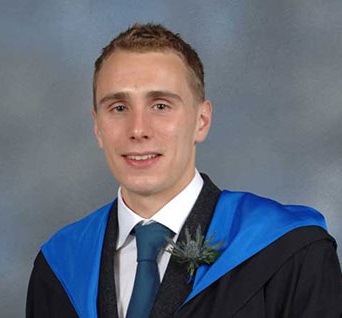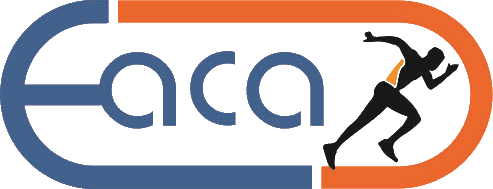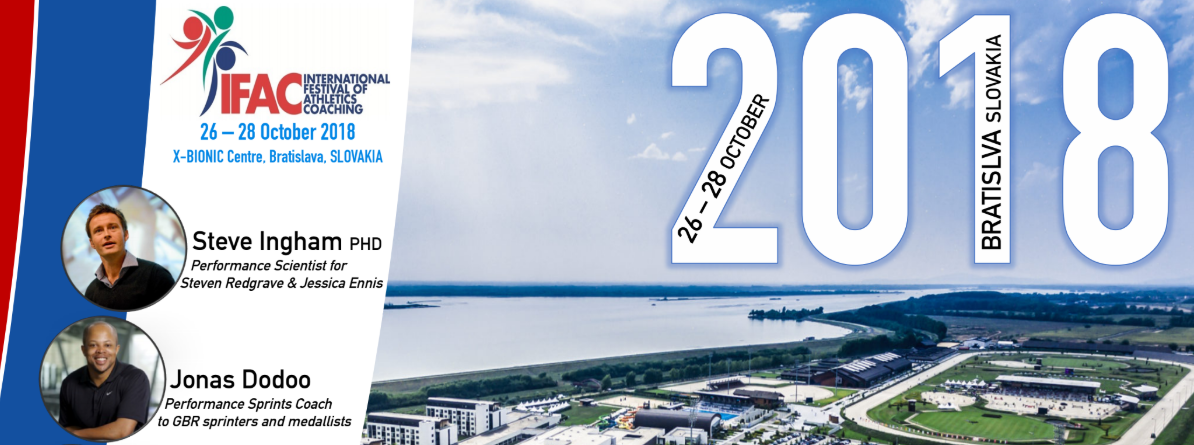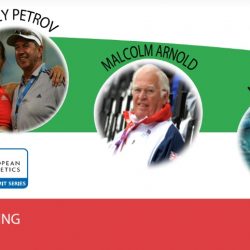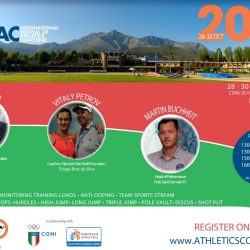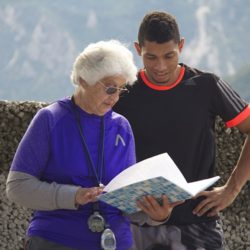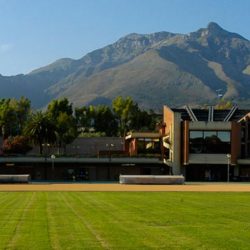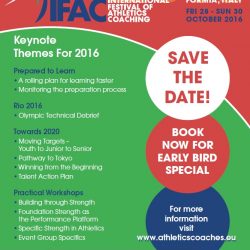European Athletics Coaches Association
DISCOVER THE BENEFITS
Apply to EACA, enter in a world-class coaching context and start sharing the knowledge with other coaches
LIVE THE EXPERIENCE
Attend to the International Festival of Coaching, the EACA annual main event, a 3-days conference leaded by world renowed coaches
BE BETTER
Learn from the best coaches with the EACA Coaching Education Database, a large repository hosted by our partners like ilCoach and Demonsport
About EACA
The Rome Olympics in 1960 was a major turning point in athletics history. Europe moved out of the USA shadow. In 1956, USA had 16 Golds, Europe 11. In 1960, USA had 12, Europe 19. One major influence in these changes and improvements was focus on coaching and the then emerging world of the performance sciences. Europe was leading he way in this and intended to continue doing so. So a visionary group of leading European coaches met in Vincennes, Paris. They included Calvesi (Italy), Bobin (France), Korobkov (USSR), Kurelic (Yugoslavia), Nett (Federal Republic of Germany) and Dyson (UK). They agreed to create the European Athletics Coaches Association for the development of athletics coaching and to support coach education.
-
% of gold medals for USA in 1956 Olympics
-
% of gold medals for Europe in 1960 Olympics
-
% of Olympic records in Rome 1960
-
The n° of Conferences yeld by EACA
the top of the tree
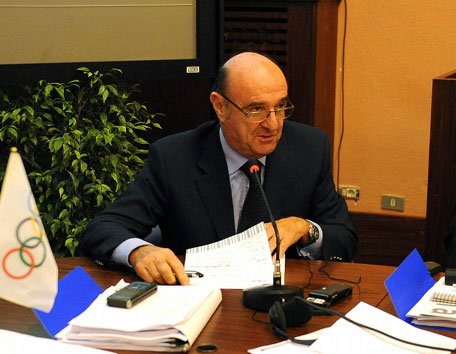
ELIO LOCATELLI
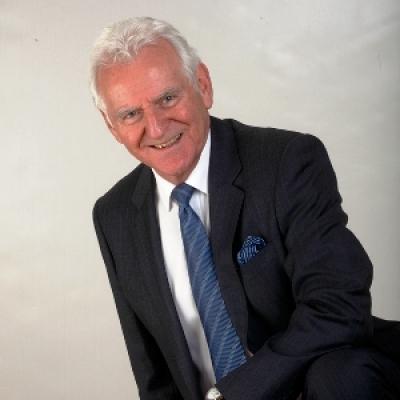
Prof. Frank Dick OBE
